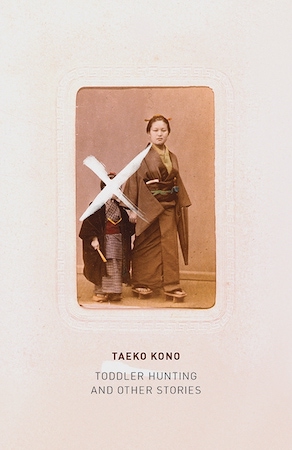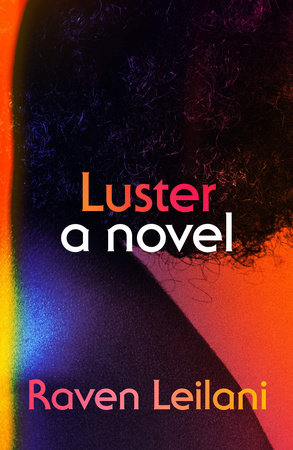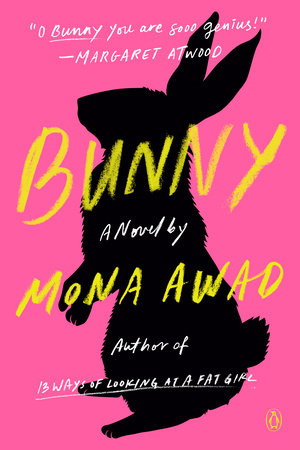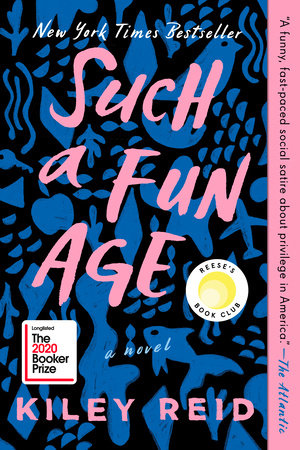In March 2020, I turned 23. Simultaneously, the pandemic unfolded and my college closed, I flew back to my home in Southern California, I was fired on my birthday, and I was newly single. A week before all of this, I sat in Central Park and read all of My Year of Rest and Relaxation by Ottessa Moshfegh in a single sitting.
For the months that followed, I told myself that 2020 could be like my year of doing nothing. Like the narrator, I’m a (potentially unlikable) woman** in my 20s who should’ve been “doing life” better. I couldn’t find a job, but I had gone tens of thousands of dollars in debt for a private New York City college education. All of my friends and cousins were in long-term committed relationships, but I couldn’t stop texting my emotionally unavailable ex. After years of recovery, my body image plummeted, and I couldn’t look at a pair of jeans without crying.
Being a woman in your 20s who isn’t following a traditional, cis heteronormative path is like competing in an obstacle course where you are designed to fail—think Wipeout. Social media added to the blows. I spitefully scrolled through an Instagram feed of throwback pictures of real college graduations, ultrasound photos, engagements, and job announcements. Falling out of place from “traditional young womanhood,” made me anxious.
It can feel isolating and unrelenting to simply exist in your 20s. Thankfully, there is a budding genre that according to one Goodreads Review can be titled “yet another tale about an alienated woman having a quarter midlife crisis.” These narratives capture a world of malaise where you don’t have to have it all together, where you can be bad at your job, and a disappointment to your family, and unapologetically bitter.
Milk Fed by Melissa Broder
Broder’s second novel focuses on a 24-year-old Rachel, who has body image issues, mommy issues, and an addiction to frozen yogurt. One day, her usual froyo clerk is gone and his replacement is his beautiful older sister, Miriam. The catch? She is an Orthodox Jewish woman. The two women fall into an intense and messy situationship, where Rachel is driven by a hunger for love, faith, and fulfillment.

Toddler-Hunting and Other Stories by Taeko Kōno, translated by Lucy North
Published in 2018 but set in 1960s Japan, Toddler-Hunting is brimming with tales of unsatisfied young women. The titular story follows a young woman who is obsessed with buying clothes for boy toddlers. In “Ants Swarm,” Fumiko is in the midst of an unwanted pregnancy scare. Her husband secretly wants a child, but she daydreams of abortions, punishing the child, and being masochistically beaten while in labor. The entire collection circles unlikable and selfish women who value their pleasures and achievements over what society tells them they should—a clean home, a husband, and children.

Mona at Sea by Elizabeth Gonzalez James
When I read the description for this book, I realized, “I have never had an original experience in my life.” Mona, a 23-year-old Chicana, graduates college during a recession only to find herself jobless, and back in her dysfunctional parent’s house. On top of that, (thankfully unlike my life), Mona becomes the subject of a viral meme, “Sad Millenial,” after a reporter captures her reaction to losing the finance job she had lined up. Because of this, she mopes around Tucson, smoking weed in an existential funk, until her mom encourages her to join a support group for job seekers.

Luster by Raven Leilani
Edie and Eric match on a dating app and sext for a month before their first date at Six Flags. Edie, a Black flâneur in her early 20s, doesn’t mind that Eric is in an open marriage. That is until she loses her job for a myriad of reasons—hooking up with coworkers on the clock, watching porn from her computer, and sending sexually explicit emails—and she winds up living in Eric’s marital home. Luster is a so-awkward-it’s-painful tale that takes on a glittering world of its own through Leilani’s prose. You can read an excerpt in Recommended Reading.

Bunny by Mona Awad
The Heathers meets Sorry to Bother You, this book takes a look at an MFA program in New England where the girls are up to something. Samantha is not interested in the clique of rich girls in her fiction cohort—who all speak as a unit and refer to each other as “Bunny”—but after she receives an invite to one of their “workshops,” she can’t help but attend. However, things quickly spiral out of control in a sardonic and twisted way.

Sketchtasy by Mattilda Bernstein Sycamore
The queer scene in 1990s Boston was highly divided among race, sexuality, and gender. Angel, an early 20s “Queen,” is desperate to find a place free of the hatred and discrimination that plagues her daily life. She finds herself captivated by the club scene and begins using heavy drugs to evade her past traumas. Overflowing with parties, failed attempts at sobriety, and the ever-present threat of contracting HIV, Sketchtasy grieves for a community few even acknowledged.

Crying in H Mart by Michelle Zauner
In an impeccable balancing act, Zauner—more commonly known as the frontperson of Japanese Breakfast—details her isolating childhood, aimless adolescence, and distance from her Korean identity and culture while taking care of her terminally ill mother. From the first sentence, the reader knows that her mother will die and Zauner will “cry in H Mart,” but the loss stings on every page. This memoir especially answers the questions of how do we connect to heritage when we have lost our roots, and how to cope with the death of a parent when you don’t feel like you are someone to be proud of yet.

Such a Fun Age by Kiley Reid
After an encounter with a racist security guard, Emira—a 26-year-old babysitter—is promoted to “nanny.” Her employer is a 30-something Alix, a writer/influencer/mom/feminist/Hilary Clinton campaigner, and totally not a performative ally. Emira’s new boyfriend happens to be Alix’s ex-boyfriend who ruined her reputation in high school. Emira finds herself stuck in the middle of their white ally struggle, as they drain her agency in her working and personal life. Reid captures feeling powerless as those around you use you for leverage.

Everyone in This Room Will Someday Be Dead by Emily Austin
Gilda is a 27-year-old-lesbian and atheist who anxiously dreads the demise of everyone and everything around her. Her neighbor’s cat goes missing in a house fire, she breaks her arm in a car accident, and then she accidentally accepts a job as a receptionist at a Catholic Church. But then she learns that the previous receptionist, an elderly woman named Grace, might have been a victim of an “Angel of Death” serial killer. Gilda and the church staff then take it upon themselves to seek justice for Grace.

The Book of X by Sarah Rose Etter
The unnamed narrator in this novel is born with a knot in her stomach. A knot that is so large it is visible when she is dressed. The narrator desires to be “normal,” which is hard in a world where her family has a meat quarry and there are rivers of thighs. The Book of X is an intensely character-driven novel told in fragments, where the use of surrealism expertly highlights how womanhood intersects with disability and body image issues.
The post 10 Books About Alienated Women in Their 20s appeared first on Electric Literature.











